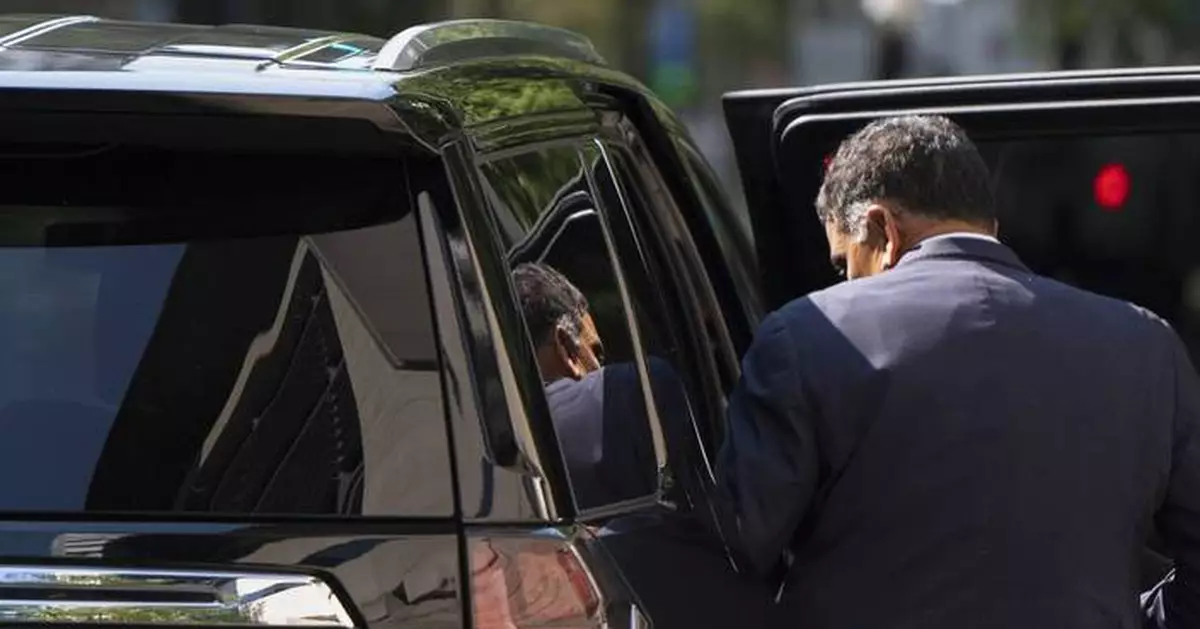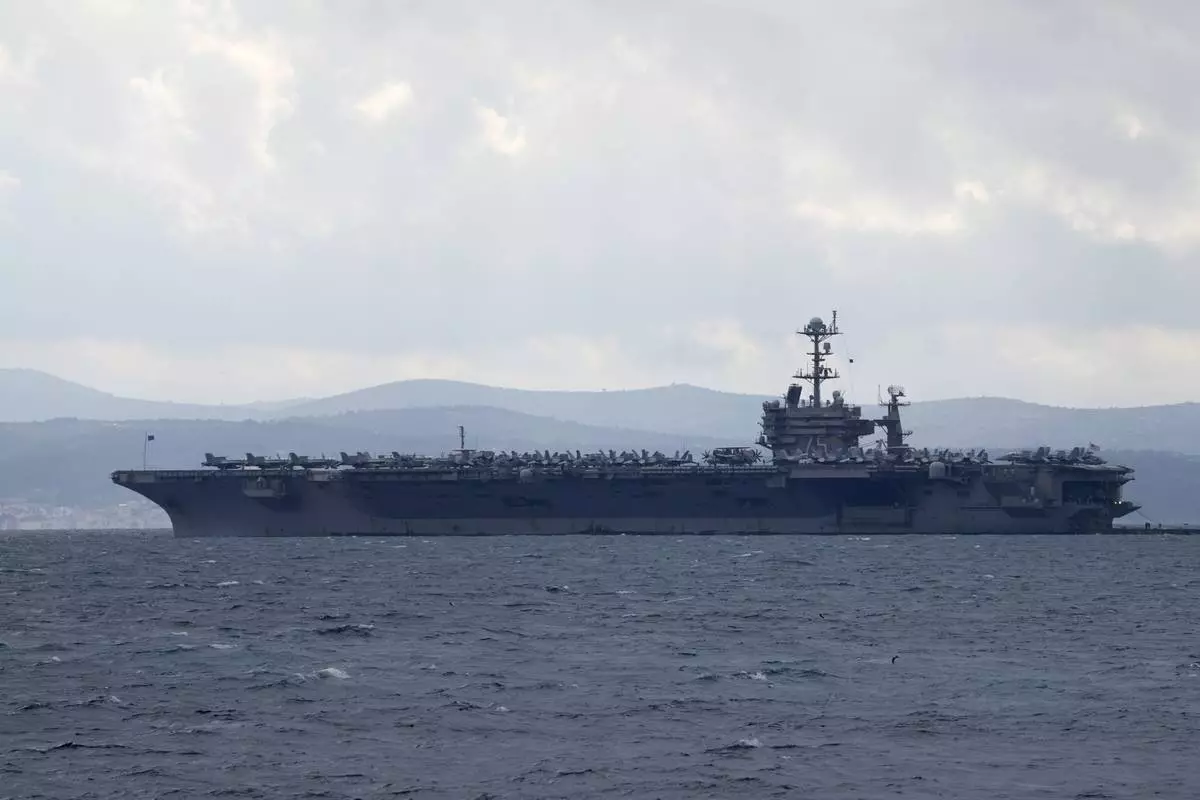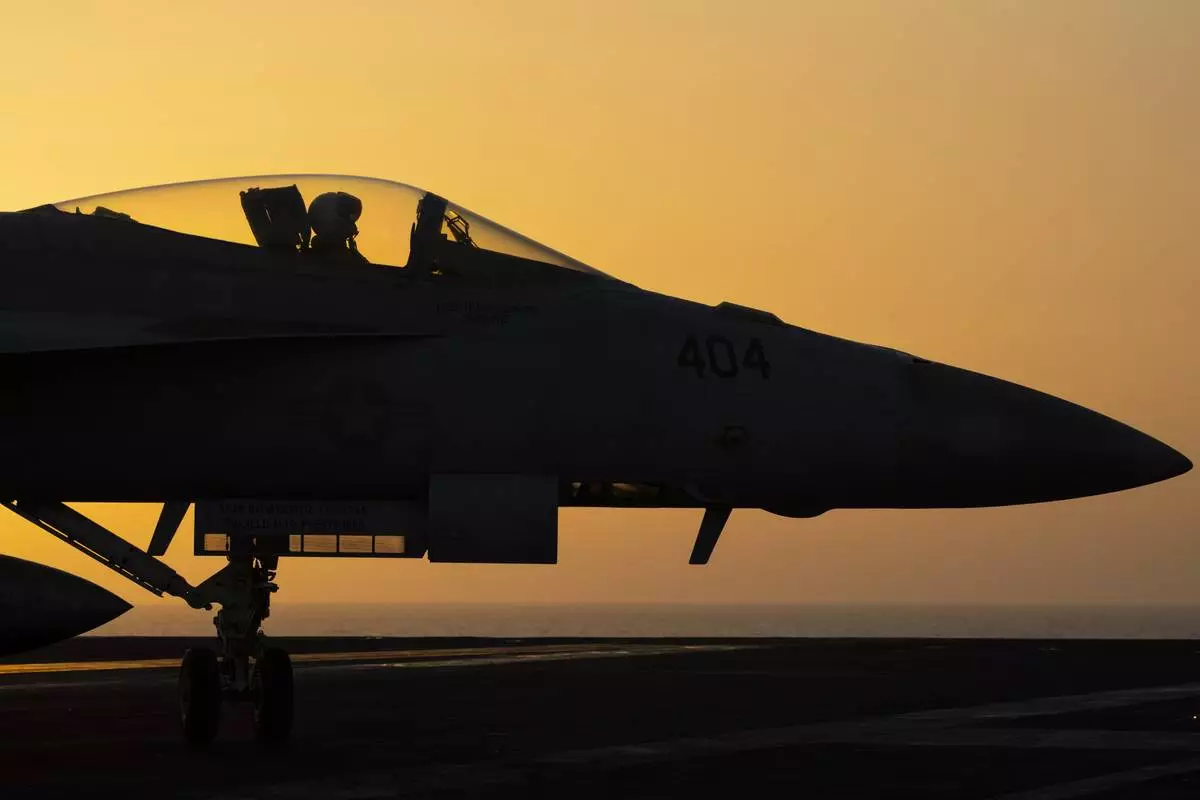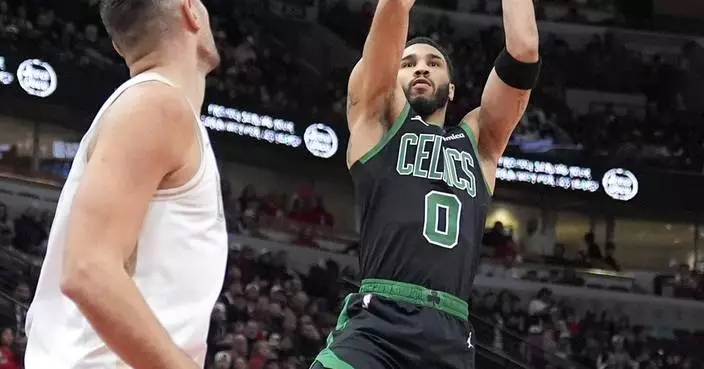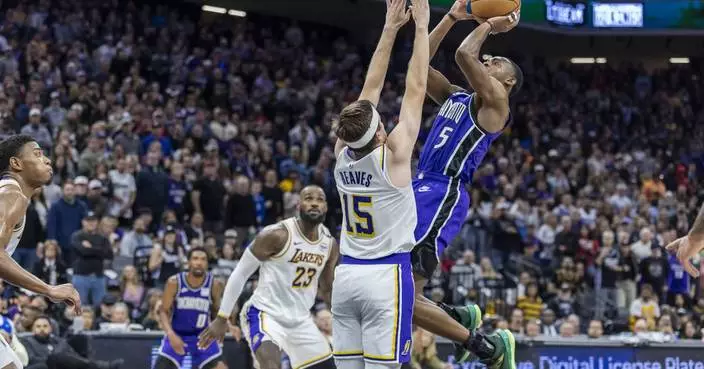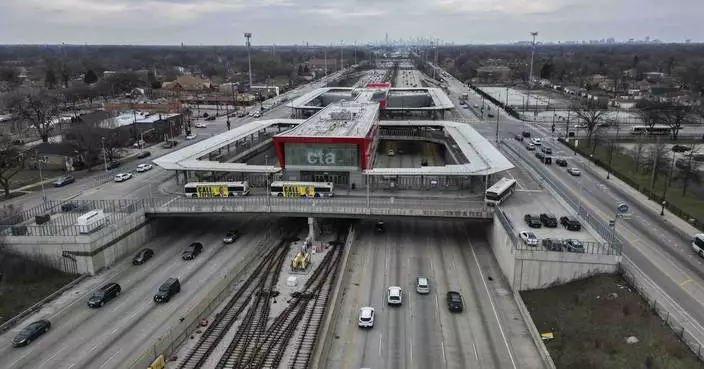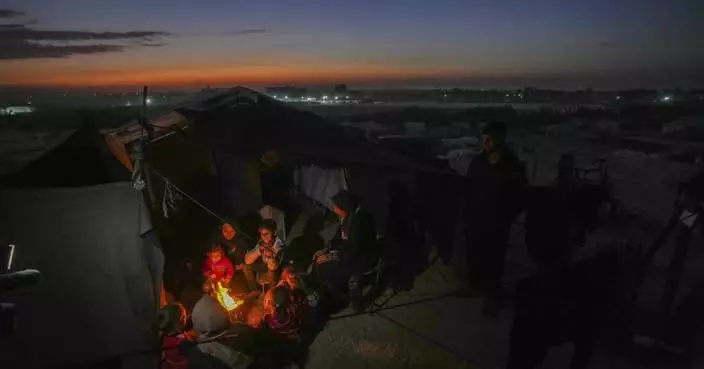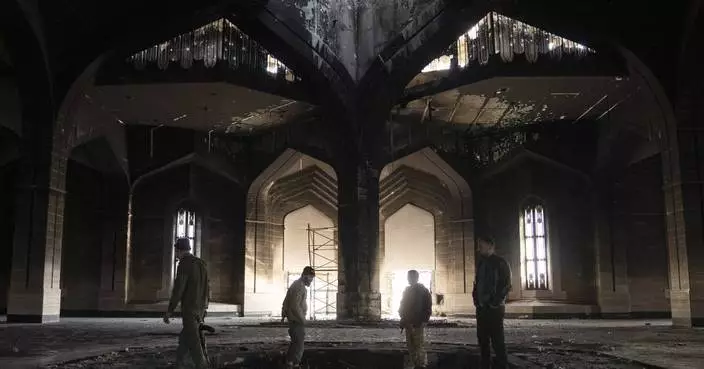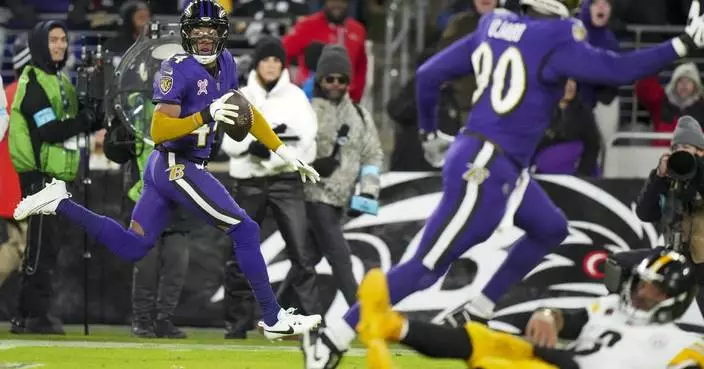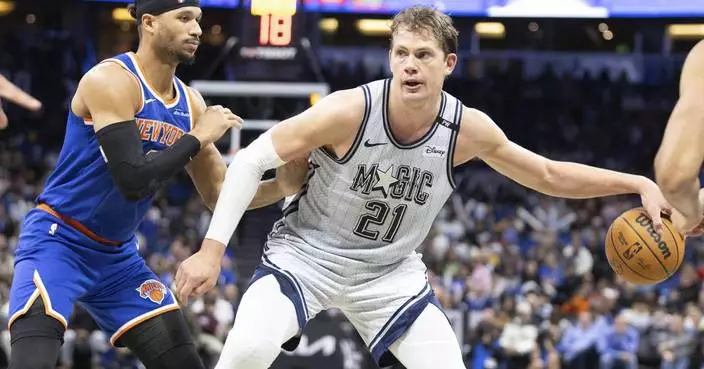PORTLAND, Ore. (AP) — The federal government urged a U.S. District Court judge on Tuesday to temporarily prevent a proposed merger between Kroger and Albertsons, saying in closing arguments the combination would “almost certainly” benefit shareholders and not everyday shoppers.
Lawyers for the Federal Trade Commission and for the supermarket chains gave their closing arguments at the end of a three-week hearing on the commission's request for a preliminary injunction to block the $24.6 billion deal.
Kroger and Albertsons argued their merger would preserve consumer choice by allowing them to better compete against growing rivals like Walmart, Costco and Amazon.
“If we don’t do something, the corner grocery store is in real danger," Kroger attorney Matt Wolf said.
U.S. District Judge Adrienne Nelson must now decide whether to grant the injunction while the FTC's anti-trust complaint goes goes before an in-house administrative law judge. Nelson said she would work “expeditiously” on her decision, but she didn't say when she would rule.
Kroger and Albertsons proposed what would be the largest supermarket merger in U.S. history in 2022. The FTC alleged the merger would eliminate competition and lead to higher food prices for already struggling customers.
Susan Musser, the FTC's chief trial counsel, argued Tuesday that Kroger and Albertsons primarily compete with each other and not places like Amazon or Costco, where consumers do other kinds of shopping.
“It’s this local competition, in these local communities, that this merger will eliminate,” Musser said.
But Wolf pushed back, saying Kroger and Albertsons were competing for the same customers as retailers that have lower labor costs because their workers aren't unionized.
“Supermarkets are losing this food fight, and we pay the price for that fact," Wolf said.
Kroger has said it plans to invest $1 billion in lower prices, if the merger goes through. Wolf said the company would focus on lowering prices “from day one.”
But Musser said the judge should be skeptical about the companies' promises, which aren't legally binding. Kroger and Albertsons' executives might be well-intentioned, she said, but they will face pressure to report profits and keep prices high.
“Executives have a fiduciary duty not to shoppers, but to shareholders,” Musser said. “Experience tells us that promises can be broken.”
Albertsons CEO Vivek Sankaran, who testified earlier in the hearing, attended the closing arguments Tuesday but didn't speak.
FTC attorneys have noted that the two supermarket chains currently compete in 22 states, closely matching each other on price, quality, private label products and services like store pickup. Shoppers benefit from that competition and would lose those benefits if the merger is allowed to proceed, they said.
Under the deal, Kroger and Albertsons would sell 579 stores in places where their locations overlap to C&S Wholesale Grocers, a New Hampshire-based supplier to independent supermarkets that also owns the Grand Union and Piggly Wiggly store brands.
The FTC maintains C&S is ill-prepared to take on the stores now owned by Albertsons and Kroger. Earlier in the hearing, Laura Hall, the FTC’s senior trial counsel, cited internal documents that indicated C&S executives were skeptical about the quality of the stores they would get and may want the option to sell or close them.
But Wolf said Tuesday that C&S has the experience and national scale to handle the divestiture. “We picked the party that could get the job done," he said.
Kroger, based in Cincinnati, Ohio, operates 2,800 stores in 35 states, including brands like Ralphs, Smith’s and Harris Teeter. Albertsons, based in Boise, Idaho, operates 2,273 stores in 34 states, including brands like Safeway, Jewel Osco and Shaw’s. Together, the companies employ around 710,000 people.
In seeking to stop the merger, the FTC and labor union leaders have argued that workers’ wages and benefits would decline if Kroger and Albertsons no longer competed with each other. They also expressed concern that potential store closures could create so-called food and pharmacy “deserts” for consumers.
Six local chapters of the United Food and Commercial Workers International Union, which together represent 100,000 Kroger and Albertsons workers in 12 states, said in a joint statement Tuesday that the companies can’t be trusted.
“The corporations admitted under oath, despite repeated comments to the public and media to the contrary, that some stores may close after a merger, prices may not actually go down after a merger and claims they have made to protect union jobs are not legally enforceable,” the group said in a statement.
The attorneys general of Arizona, California, the District of Columbia, Illinois, Maryland, Nevada, New Mexico, Oregon and Wyoming all joined the FTC’s lawsuit on the commission’s side. Washington and Colorado filed separate cases in state courts seeking to block the merger. Washington’s case opened in Seattle on Monday.
If Nelson agrees to issue the injunction, the FTC plans to hold the in-house hearings starting Oct. 1. Kroger sued the FTC last month, however, alleging the agency’s internal proceedings are unconstitutional and saying it wants the merger’s merits decided in federal court. That lawsuit is being considered by a federal court in Ohio.
Shares in both Kroger and Albertsons fell 2% in trading Tuesday.
Durbin reported from Detroit.
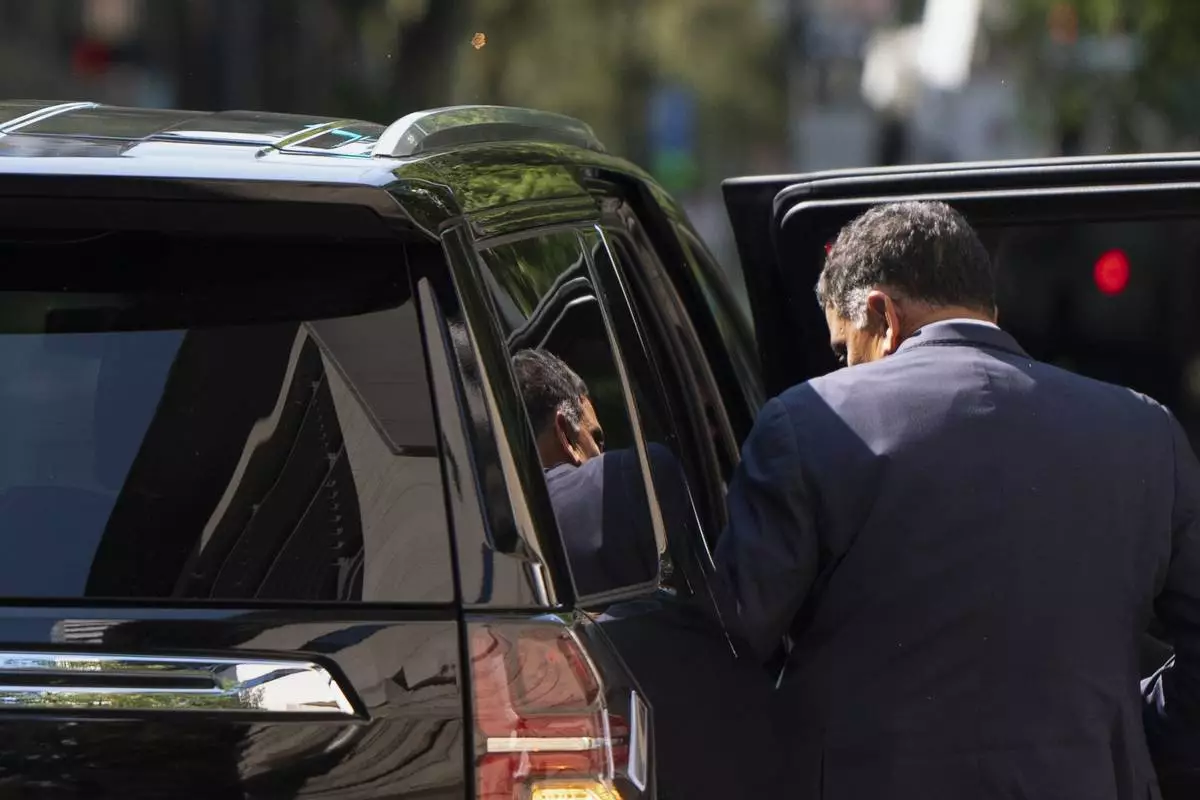
The federal courthouse is reflected in the rear window as Albertsons CEO Vivek Sankaran enters a vehicle and leaves after testifying in a federal court hearing on Wednesday, Sept. 4, 2024, in Portland, Ore. The Federal Trade Commission is seeking a preliminary injunction to block a merger of supermarket companies Albertsons and Kroger. (AP Photo/Jenny Kane)


